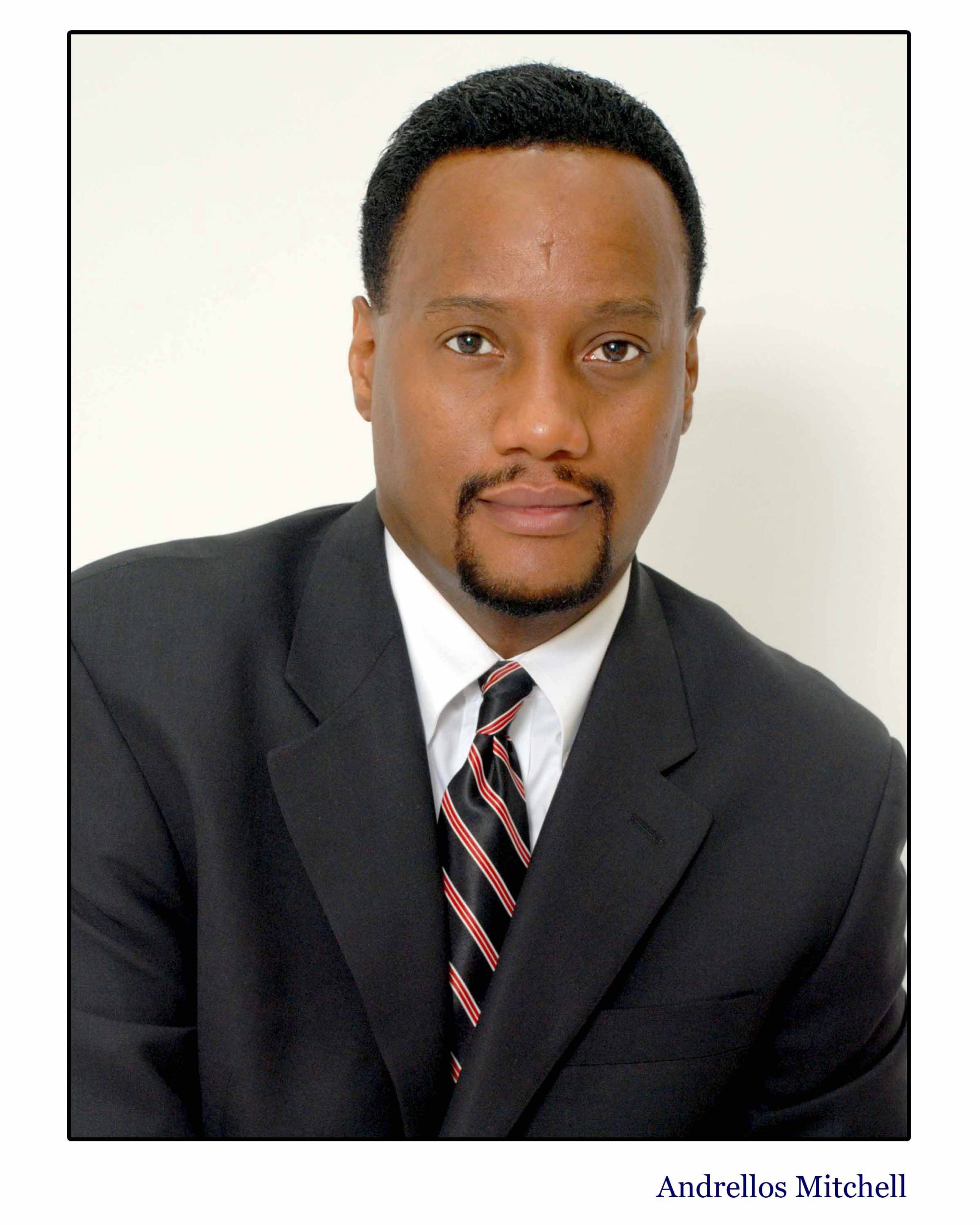The AI Emperor Has No Clothes: Why the Public Shouldn’t Trust Elon Musk, Bill Gates, or the Hype Machine
I’ve used artificial intelligence. I’ve tested ChatGPT — one of the better tools available — and it has clear strengths. But even at its best, AI still has major weaknesses. It can summarize information and mimic human speech, but it doesn’t reason deeply, it can’t reliably analyze complex data, and it often makes basic errors.
That wouldn’t be a problem if tech leaders were honest about AI’s limitations. But instead, the public is being sold a fantasy. Elon Musk and Bill Gates are two of the loudest voices promoting AI as a game-changing, job-killing, world-redefining technology. Just this week, Gates claimed “AI is moving faster than people realize” — a quote that sounds more like a sales pitch than sober analysis. And Musk continues hyping his Grok chatbot as a revolutionary leap forward, even as his own engineers admit the tech lags behind competitors and struggles to meet basic benchmarks.
Let’s start with Musk. He markets his AI chatbot, Grok, as a revolutionary alternative to ChatGPT. But Musk has a long track record of overpromising and underdelivering. His rockets frequently explode. His electric cars reportedly fail in extreme cold, and charging infrastructure remains inconsistent across much of the United States. The smarter long-term solution would have been to invest in hybrids — yet Musk successfully sold the country on pure EVs before the technology and grid were ready. As noted in a 2020 Forbes article, “Elon Musk is damaging tech and the tech industry”, his hype machine often causes more harm than good.
Now he’s doing the same with AI.
Bill Gates, meanwhile, is heavily invested in Microsoft’s AI push. Their tool, Copilot, is one of the weakest platforms I’ve tested. It struggles with nuance, offers questionable privacy protections, and makes it difficult to manage or delete chat history. It doesn’t behave like a helpful assistant — it behaves like a data mining operation.
This is a pattern with Gates: pushing products under the guise of progress, while quietly turning users into commodities. And now, he’s telling the public that AI will render many jobs obsolete — including professional fields like law, education, and healthcare. That’s not insight. That’s a billionaire planting fear to shift labor markets and drive demand for his investments.
And here’s the truth: AI isn’t replacing lawyers. Or doctors. Or teachers.
These professions rely on human judgment, ethical reasoning, and emotional intelligence — none of which AI has. I’m a lawyer. I’ve seen claims that AI can draft briefs or analyze cases. But I’ve also seen it fabricate citations, produce false legal precedents, and offer dangerously bad advice. This technology can’t distinguish a legal nuance from a hallucination.
Let me be blunt: Any lawyer who starts their research with an AI tool is flirting with malpractice. These systems don’t just make mistakes — they make things up. They combine real and fake cases, misquote rulings, and cite irrelevant or nonexistent authority. And if you rely on that garbage and it hurts your client, you deserve to be sued. Full stop. Courts and bar associations need to stop tiptoeing around this issue. We’re in a new era, and any attorney — or doctor, or teacher — who uses AI to cut corners or deceive the public is playing with fire. These tools are not ready for critical professional use, and pretending otherwise is not just negligent — it’s dangerous.
So why the hype? Simple. Hype sells. Gates and Musk aren’t warning the public — they’re manipulating it. They are shaping narratives that drive investment, inflate their influence, and discourage scrutiny. Their AI predictions are less about the future and more about controlling the present.
And it’s working. Media outlets uncritically echo their forecasts. Policymakers are building legislation based on their rhetoric. Schools and businesses are restructuring around unproven tools. And taxpayers are footing the bill for infrastructure and subsidies that serve private billionaires.
Take electric vehicles. Whatever your stance on climate change, it’s fair to ask: Why is the government enriching Musk when the product is unfinished, infrastructure is patchy, and alternatives (like hybrids) were pushed aside?
The same question applies to AI. If this technology is truly revolutionary, why does it need nonstop PR, inflated promises, and public subsidies to survive?
We’ve already seen the consequences of moving too fast. Cars are crashing while driving themselves. Legal filings are citing nonexistent cases. News articles are generated with lies. AI has produced racist, sexist, and false content with alarming ease. Trusting these tools without oversight is not “innovative.” It’s dangerous.
And don’t be fooled by the word “science.” Just because something is branded as scientific doesn’t make it infallible. At one time, scientists believed the Earth was flat. Pluto was a planet. Tomatoes were vegetables. Science changes — and it should. But it can also be corrupted, biased, or misused. Especially when billions are at stake.
We should treat the claims of tech billionaires the same way we treat drug companies, defense contractors, and oil execs: with skepticism, not reverence.
It’s not “anti-science” to challenge the narrative around AI. It’s responsible. If the science is sound, it can withstand criticism. If it’s not, we need to expose it — before lives, jobs, and institutions are damaged.
This isn’t about rejecting progress. I’m not anti-technology. AI has a role to play, and it can be a valuable tool when used correctly and with caution. But I refuse to stand by while billionaires spin fantasy to inflate their stock portfolios and reshape society in their own image.
Gates and Musk are full of s***. It’s all a con — a shiny, overhyped cash grab. And unless the public wakes up soon, we’re going to pay the price while they walk away even richer.
The public deserves better than PR dressed up as prophecy. Musk and Gates are not visionaries. They’re salesmen. And the product they’re pushing isn’t ready — if it ever will be.

Andrellos Mitchell is a multifaceted individual with an impressive array of roles and accomplishments. Although he was raised in Washington, D.C. and Maryland, Mr. Mitchell proudly hails from Louisiana. His educational background includes degrees in Social Work, Education, and Law.
He is a practicing Washington, D.C. attorney at a general law practice that focuses on complex civil litigation such as fraud. Furthermore, Mr. Mitchell is a former Fraud Examiner for the District of Columbia Department of Insurance, Securities & Banking (DISB). He handles federal cases in Maryland and before federal government agencies across the United States. He is also a former D.C. and Maryland social worker. His social work experience includes mental health, alcohol and drug abuse, and family issues. Mitchell is a lifelong Independent voter. He is also a freelance writer and journalist. He provides commentary, analysis, and opinion for various media outlets. He is a staunch advocate for Freedom of Speech, the Second Amendment, and other constitutional law issues. Contact him at [email protected] or 202-848-9324.

